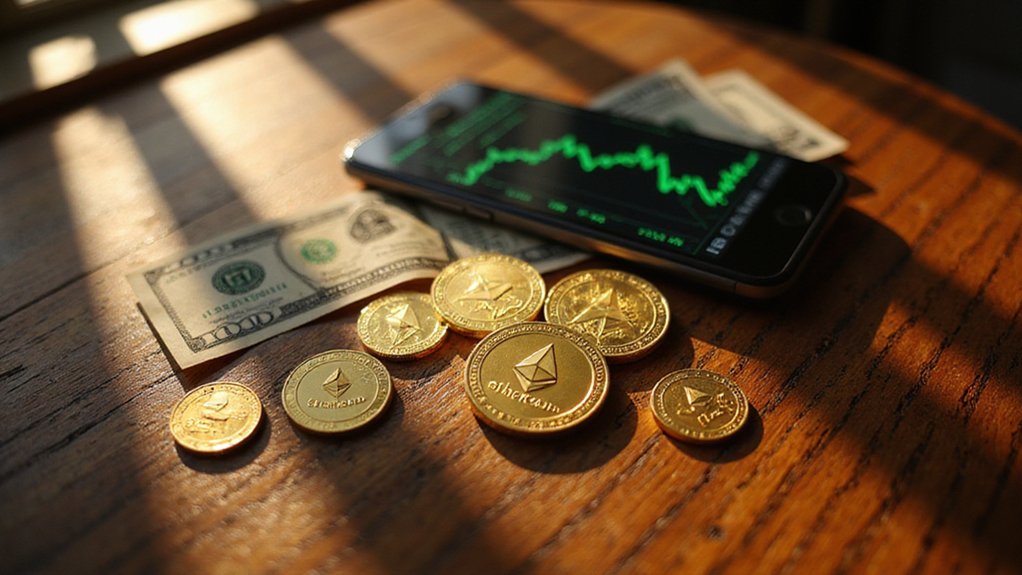While Germany’s financial institutions have historically approached cryptocurrencies with the enthusiasm of a Bavarian banker discovering his ledger has been audited by blockchain evangelists, Sparkassen—the nation’s largest banking group serving over 50 million customers—has announced plans to integrate crypto trading directly into its mobile application by summer 2026.
This represents a remarkable pivot from an organization that previously treated Bitcoin with the same warmth typically reserved for Greek sovereign debt. The integration will allow customers to trade cryptocurrencies like Bitcoin and Ethereum directly through their existing Sparkasse app, eliminating the Byzantine maze of third-party exchanges that currently characterize Germany’s retail crypto landscape.
The service, spearheaded by S-Payment (Sparkassen’s internal payment solutions division), promises to embed crypto trading within the familiar confines of traditional banking infrastructure. Customers will execute trades using their checking accounts without additional verification processes—a convenience that should reduce the friction currently plaguing German retail investors who navigate regulatory complexities across multiple platforms.
Perhaps most intriguingly, Sparkassen appears determined to thread the needle between innovation and prudence. The bank emphasizes that cryptocurrencies remain highly speculative investments, avoiding direct investment advice while maintaining transparency about potential total loss scenarios. This approach reflects Germany’s broader regulatory environment, where financial institutions must balance consumer protection with evolving digital asset acceptance. The current initiative marks a significant reversal from the initial rejection of a similar crypto trading proposal just three years ago.
Sparkassen’s delicate choreography between crypto innovation and Teutonic prudence reflects Germany’s cautious embrace of digital asset legitimacy.
The timing coincides with strengthening Bitcoin and Ethereum markets, though whether this represents prescient positioning or unfortunate timing remains to be seen. Sparkassen’s 370+ savings banks network provides unprecedented distribution potential for regulated crypto services, potentially transforming how mainstream German investors access digital assets. The bank’s commitment to providing transparent information about trading risks aligns with regulatory requirements while maintaining its cautious stance on cryptocurrency investments.
The technological infrastructure leverages existing security protocols while introducing proprietary wallet solutions, theoretically reducing vulnerabilities associated with external exchanges. This vertical integration strategy could prove either brilliantly efficient or spectacularly complex, depending on execution quality. Meanwhile, across the Atlantic, the GENIUS Act pending in the U.S. House signals a growing global trend toward comprehensive regulatory frameworks that could influence similar developments in European crypto banking services.
Ultimately, Sparkassen’s crypto venture represents Germany’s mainstream financial sector acknowledging that digital assets have evolved beyond speculative curiosities into legitimate—if volatile—investment vehicles. Whether 50 million German customers will embrace cryptocurrencies with greater enthusiasm than their historically conservative banking provider remains the ultimate test of this calculated gamble.









